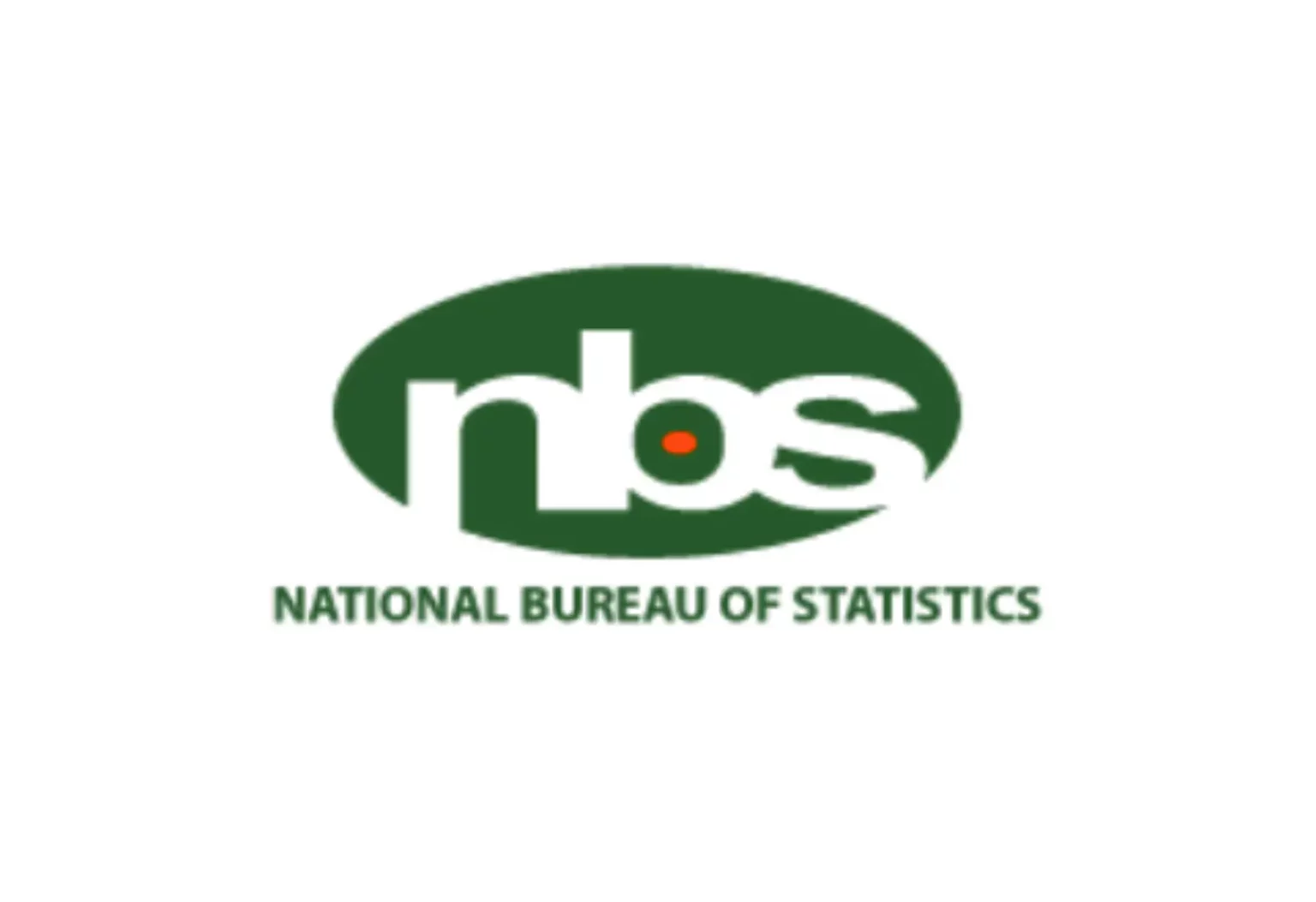According to the data released by the National Bureau of Statistics (NBS) for the first quarter of 2023, Nigeria’s agricultural exports exhibited robust performance, reflecting a notable increase in value. The total trade in agricultural goods for the quarter reached N751.03 billion, with exports accounting for N279.64 billion. This represents a substantial growth of 63.92% compared to the preceding quarter (Q4, 2022), where exports were valued at N170.59 billion, and a 38.72% increase from Q1, 2022, which recorded N201.59 billion. The surge in exports is particularly significant, underscoring the resilience and competitiveness of Nigeria’s agriculture sector on the global stage.
Asia emerged as the primary destination for Nigerian agricultural exports during this quarter, with a value of N172.90 billion, followed closely by Europe at N85.00 billion. The key agricultural products driving this surge were ‘Superior quality cocoa beans,’ valued at N84.75 billion, ‘Sesamum seeds’ at N67.66 billion, and ‘Cashew nuts in shell’ at N27.18 billion. Notably, ‘Superior quality Cocoa beans’ found major markets in The Netherlands and Malaysia, while ‘Sesamum seeds’ were exported significantly to China and Japan, and ‘Cashew nuts in shell’ found strong demand in the Socialist Republic of Vietnam and India.
Despite the positive export performance, there is a corresponding increase in the import of agricultural goods, totalling N471.39 billion in Q1, 2023. This represents 8.48% of the total imports for the same period. The major imported agricultural goods included ‘Durum wheat (not in seeds)’ from Canada and Latvia, valued at N53.57 billion and N47.34 billion, respectively, along with ‘Mackerel (Scomber scombrus, Scomber australasicus, Scomber japonicus), meat, frozen’ from Chile at N8.10 billion. While increased imports may signify diverse consumer preferences, careful monitoring is crucial to maintaining a balance that benefits Nigeria’s agriculture sector in the long run.
In essence, the positive activities in Nigerian agricultural exports is indicative of the sector’s growth and competitiveness. However, the rise in imports necessitates strategic planning by the Nigerian government in relation to the agriculture sector, to ensure sustainability and continued prosperity for the country. It should be noted that this evaluation is based on findings of NBS for the first quarter of 2023.

